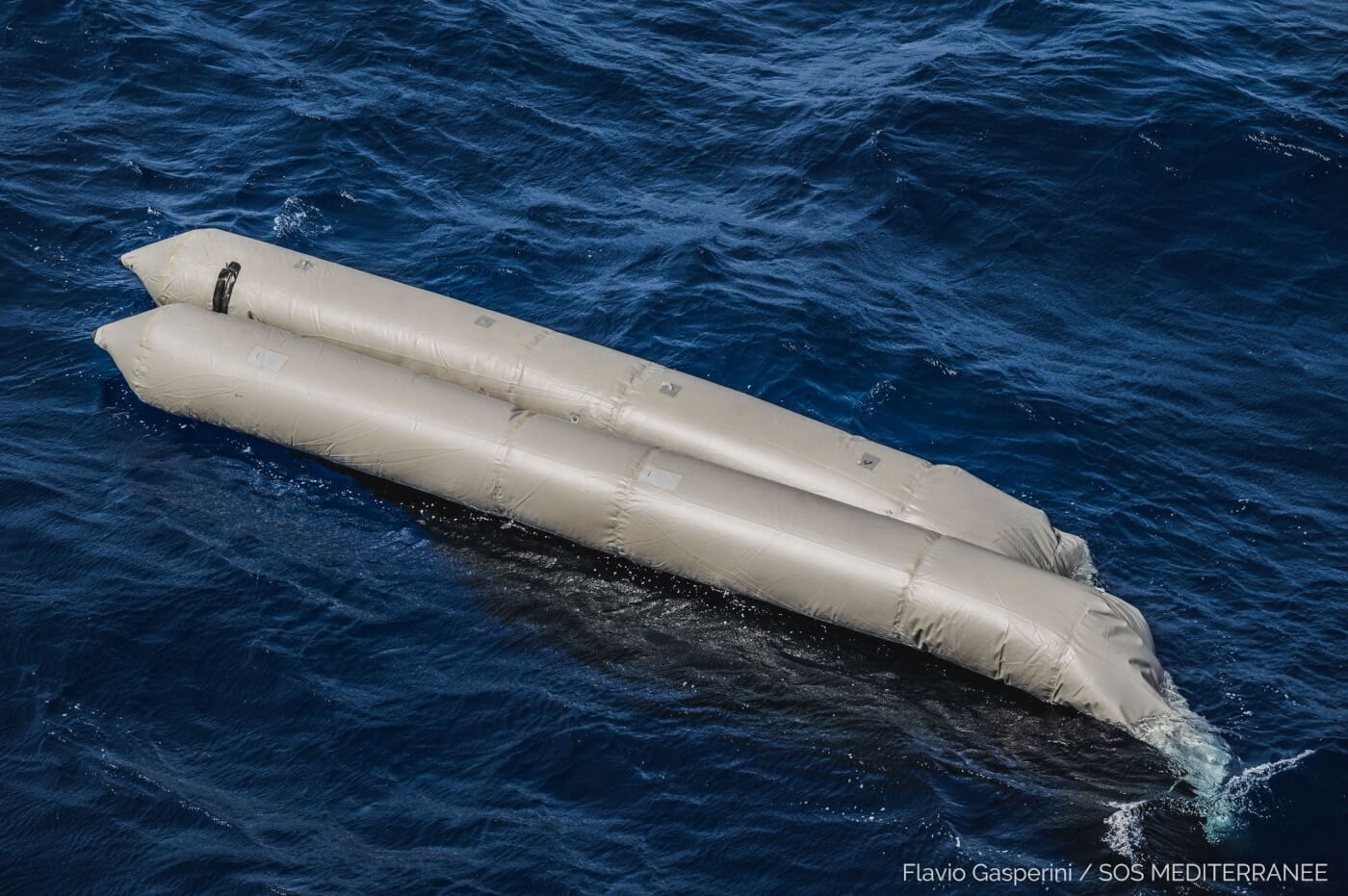One hundred and thirty migrants have drowned in the Mediterranean sea, off the shore of Libya, after their ship capsized due to bad weather conditions. They were headed for Italy before their boat requested aid on 21 April. By the time a rescue ship managed to reach the site a day later, the boat had capsized and no survivors were found; at least ten bodies could be seen near the wreck.
Aid group Alarm Phone stated that it was in contact with the migrants for 10 hours during which it “repeatedly relayed its GPS position and the dire situation on board to European and Libyan authorities and the wider public.” Despite the boat’s location being public, only non-state actors attempted to actively search for the migrants. Any of the European authorities could have stepped in to launch a rescue operation but the responsibility was left to the Libyan coast guard.
Krzysztof Borowski, spokesman for the European Union border protection agency, Frontex, stated that the reason for the boat capsizing was:
“…massive waves, two to three meters high. It was almost guaranteed that a rubber dinghy would overturn and people all end up in the sea.”
It is very common for sea traffickers to provide severely overcrowded, unseaworthy boats to migrants travelling to Europe. These boats lack the strength to withstand rough weather conditions and the added weight makes them prone to capsizing.
Since Thursday, both rescue groups and the Vatican have been decrying the 130 deaths. Pope Francis called the lack of aid “a moment of shame”, commenting that the migrants’ pleas for help had gone unheard and that the Libyan coast guard and other central Mediterranean nations did not do enough to attempt to save them.
Masoud Abdelsamad, spokesman for the Libyan Navy denied that the coast guard did less than its best to rescue the migrants, referencing bad weather conditions and the need to rescue another boat holding 106 migrants as reasons for why they could not reach the migrants in time. A coast guard official commented that while they searched for the boat, they could not find it due to its limited resources. Limited resources is an unacceptable explanation for the deaths of 130 people especially with no reasonable excuse for European authorities not to have joined the rescue.
Libya’s coast guard has been equipped and trained by Italy and has often been criticised for lacking an efficient patrolling system and for not being able to carry out successful rescue missions. Furthermore, when the coast guard does manage to save a boat, the migrants are often brought to detention centres with inhumane living conditions.
Eugenio Ambrosi, chief of staff of the International Organization for Migration stated that:
“These are the human consequences of policies which fail to uphold international law and the most basic of humanitarian imperatives”.
Had European authorities joined the search it is likely that the boat would have been found sooner and deaths could have been prevented. Migrants and refugees continue to be ignored and the 130 dead will join the other 350 people who have drowned in the Mediterranean sea this year alone.

